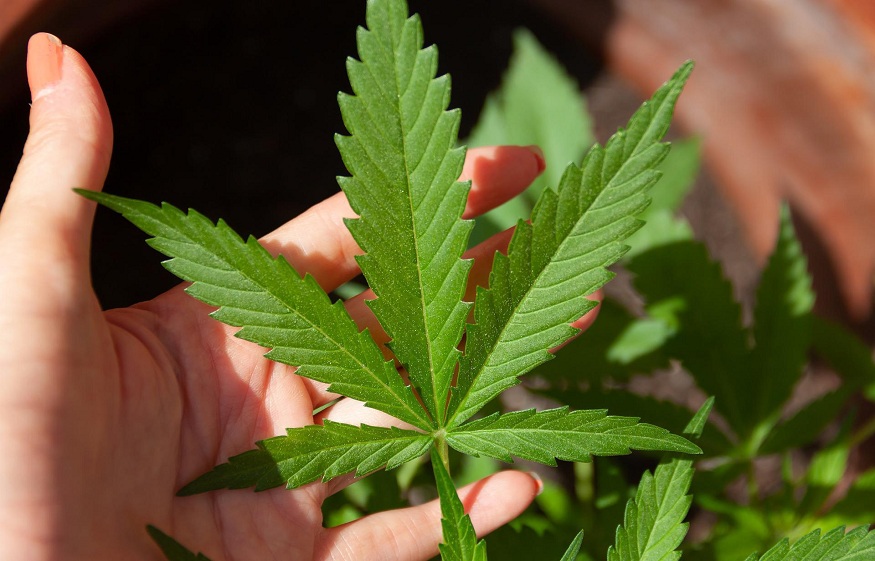Millions of people worldwide suffer from a debilitating condition known as Post-Traumatic Stress Disorder (PTSD). It is characterized by intrusive thoughts, flashbacks, anxiety, and sleep disturbances, among other symptoms. Traditionally, pharmaceutical treatments such as antidepressants and therapy have been the primary options for managing PTSD. However, in recent years, the use of medical marijuana as an alternative therapy has gained significant attention.
This article explores the potential benefits of medical marijuana in treating PTSD, specifically within the context of Texas.
The Legal Landscape
Before delving into the therapeutic benefits, it is essential to understand the legal framework surrounding medical marijuana Texas. As of the knowledge cutoff in September 2021, the state had limited provisions for medical marijuana use. However, it is worth noting that legislation regarding medical marijuana is subject to change, and readers should refer to current legal regulations.
Understanding Medical Marijuana
Medical marijuana refers to using cannabis or its derivatives, such as cannabidiol (CBD) and tetrahydrocannabinol (THC), for medicinal purposes. CBD and THC have shown the potential to relieve symptoms associated with various conditions, including PTSD.
The Potential Benefits
Anxiety and Stress Reduction: PTSD patients often experience chronic anxiety and heightened stress levels. Studies have suggested that certain cannabinoids in medical marijuana, such as CBD, can help alleviate anxiety symptoms, promoting a sense of calm and relaxation.
- Sleep Improvement:Sleep disturbances are a common feature of PTSD. Medical marijuana has shown promise in improving sleep quality and reducing insomnia symptoms. Certain strains of cannabis with higher levels of THC may help initiate sleep, while others with higher CBD content can promote deep and restful sleep.
- Mood Regulation:PTSD can lead to depression and mood swings. Medical marijuana, particularly strains with balanced CBD and THC levels, may have mood-stabilizing effects. THC is known to have euphoric properties, which can potentially enhance mood and induce happiness.
- PTSD -Related Nightmares:Nightmares are distressing symptoms often experienced by individuals with PTSD. Studies have shown that medical marijuana, specifically strains with higher CBD content, can help reduce the frequency and intensity of nightmares, thus improving sleep quality and overall well-being.
- Pain Management:Many PTSD patients also suffer from chronic pain related to their traumatic experiences. Medical marijuana, particularly strains with higher levels of THC, has demonstrated efficacy in relieving pain and reducing reliance on traditional pain medications.
- Reduction Of Hyperarousal: Hyperarousal, characterized by a heightened startle response and constant vigilance, is a key feature of PTSD. Medical marijuana’s calming effects may help reduce hyperarousal symptoms, promoting relaxation and safety.
Conclusion
While medical marijuana shows promise as a therapy for PTSD, it is crucial to emphasize that further research is necessary to fully understand its efficacy, safety, and potential long-term effects. Additionally, the legal and regulatory landscape surrounding medical marijuana in Texas continues to evolve. Individuals considering medical marijuana as a treatment option for PTSD should consult with healthcare professionals and adhere to the current legal framework.
As the understanding and acceptance of medical marijuana grow, Texas may witness advancements in its accessibility for PTSD patients, providing them with an alternative and potentially effective therapy option.

